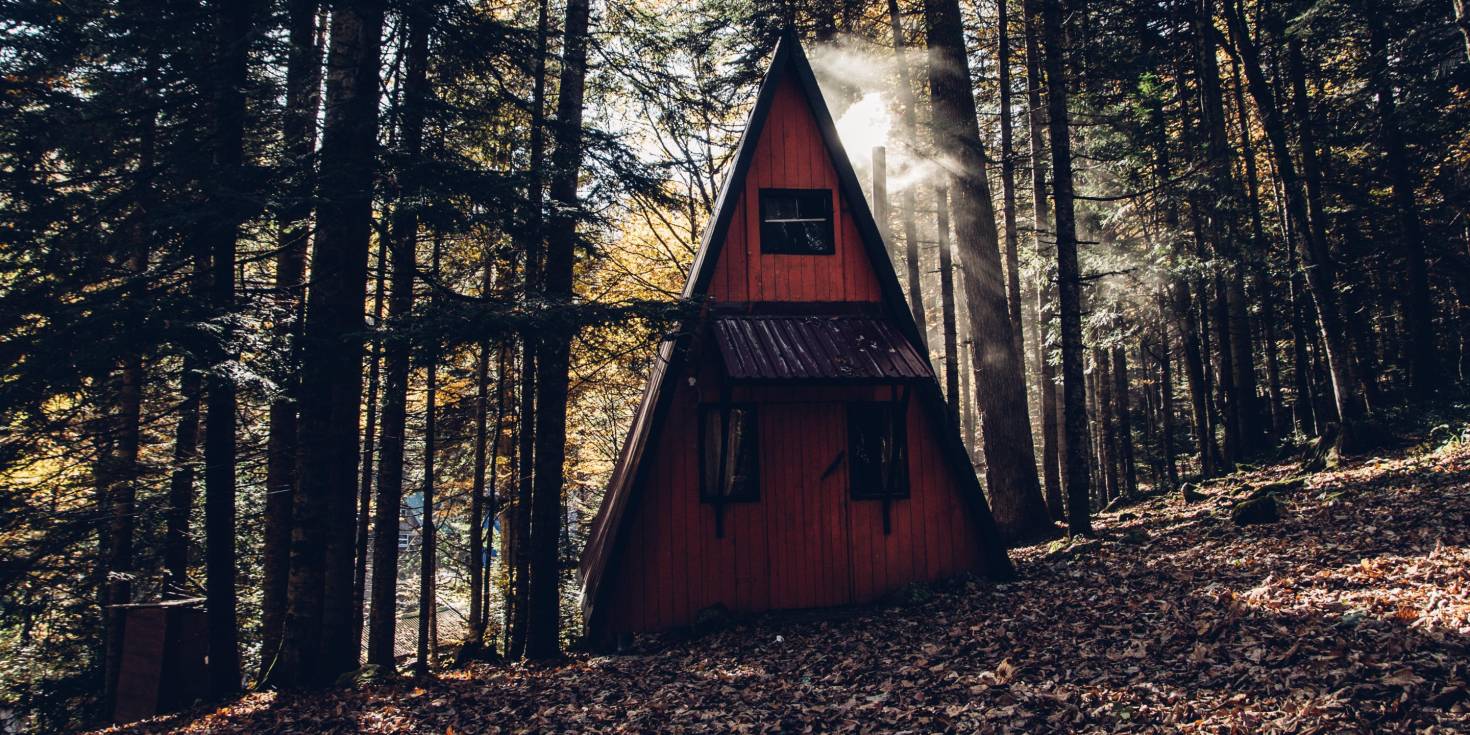Conservation. Simplicity. Freedom. These are a few of the goals associated with "living off the grid." You don’t have to be a bushman or elite military to be successful either. You may just want a simpler life, to connect with nature, and get rid of distractions.
Even though you don’t have to be a survival expert, off-the-grid living isn’t for the faint of heart.
Buy land, sell your stuff, move to the woods, grow food, and build a cabin. Sounds easy, right? Not so fast. It takes preparation, hard work, and persistence to go totally off the grid.
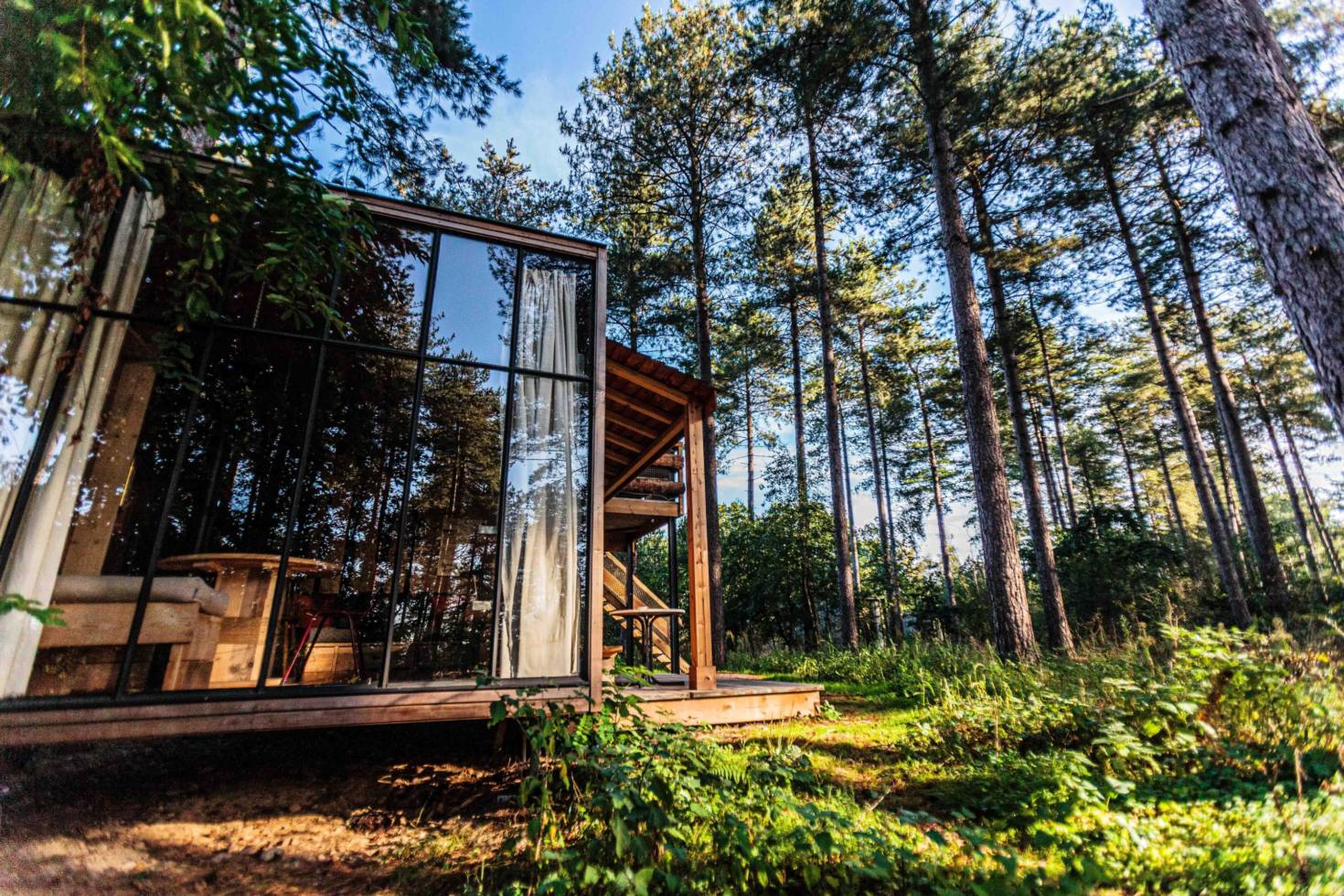
What does living off the grid mean?
Living off the grid means you survive on what the land provides naturally without public utilities. The less dependent you are on outside sources, the more independent you are in the world. Off grid living is a way to become self-sufficient and live sustainably.
If you’re not going to use modern sources to sustain you, then you’ll need to find alternatives. This could include an off grid solar system for power, gardens for food, and rainwater harvesting for drinking water and showering just as examples.
There are advantages and disadvantages of living off the land. If you’re thinking of saying goodbye to society, here are the pros and cons of remote living.
Pros
- Connect with nature
- Better for the environment
- More affordable in the long run
- A self-sufficient, free way of life
- Fewer distractions
- You're in control (kind of)
Cons
- Possibly high initial cost
- Requires hard work
- Volatile weather conditions
- Remote life can be lonely
- Limited energy supply
- Potential health risks
Wondering if you’ve got what it takes? Here are the basics.
How to live off the grid
Buying off grid land
You’ll need to find land in a good location that’s conducive to off-grid living. This means you can afford it and you're unrestricted from building a cabin or raising animals. To learn more, read our article discussing land use and property types. A good location is often secluded away from large cities.
You’ll also need to make sure it has legal access and can provide you with resources for sustainability. Some people even choose to live in off-grid communities. If you're considering a land purchase, take a look at our blog discussing how to buy land.
Off-the-grid land can be one of the more inexpensive types of land. To find out more, check out our post highlighting the cheapest land in the United States.
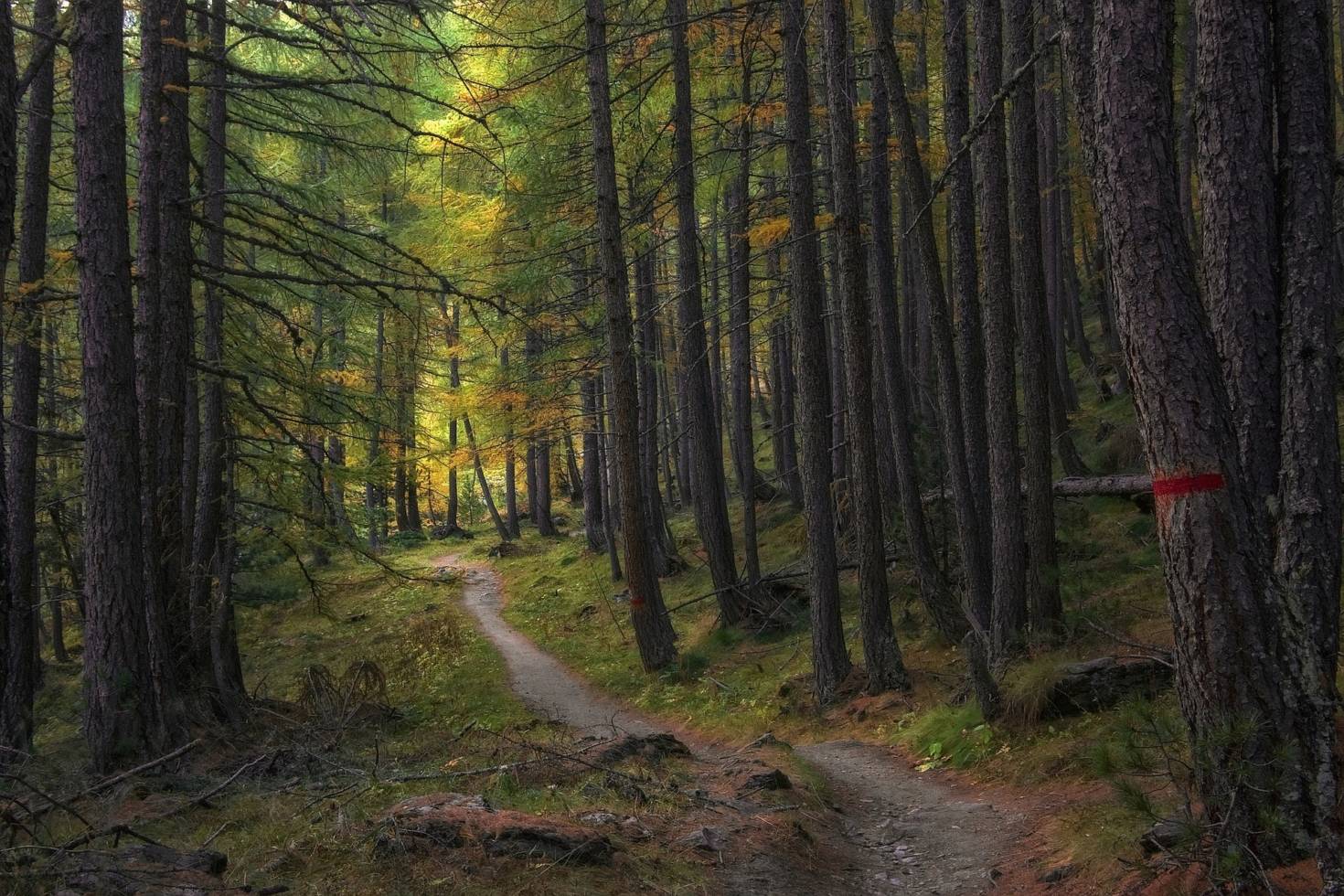
Remote shelter
Some form of shelter is essential. It protects you from the elements such as rain, snow, and extreme cold or heat. It can keep you safe from dangerous predators as well.
There are many options for housing. You could build an off grid cabin similar to one of the cool cabin designs from Den. Other options include tiny houses, log homes, RVs, or just a more traditional rural home. Shop our cabins for sale if you’re looking for a jump start.
The goal is to make sure your shelter can provide what you need. Storage, warmth in the winter, and some type of bedding are examples.
Off grid water
A water source is essential for off the grid living. The average person can only survive a short while without water, depending on the circumstances. In addition to having water for drinking, you’ll also need it for bathing.
There are a few ways you can bring water to your site. A reliable option could be to dig a well. Another way is to harvest rainwater by setting up a water collection system. Last, if you have access to a fresh water source, you could haul water or possibly use power to supply it to your home.
Sustainable food
Having a reliable food source can be the difference between failure and success. Without food, you can forget about surviving, much less having an enjoyable experience. You need plenty of calories for the work that’s required.
Hunter-gatherers were people that lived a lifestyle of getting their food from either hunting or foraging. You’ll need to become a hunter-gatherer yourself if you plan on going totally off grid. Other options are fishing and agriculture, although unless you’re a pro, fishing can be hit or miss.
Consider buying a small farm or a homestead to jump start crop production.
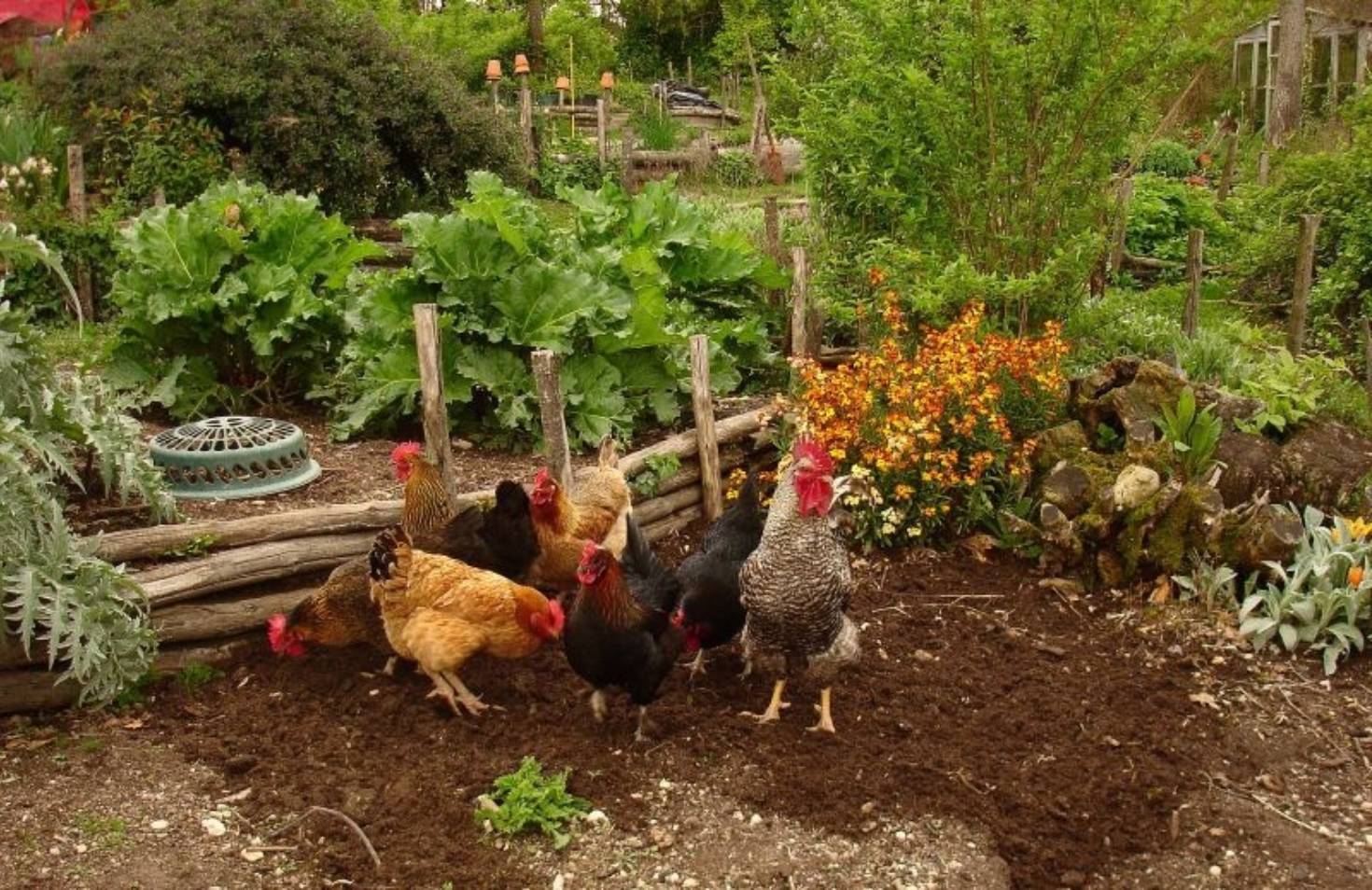
Outdoor clothing
Proper clothes are essential. Make sure you’re prepared with outdoor apparel, especially for extreme weather conditions. It’ll depend on what part of the country your land is located, but research how cold and hot it gets and pack appropriately.
Off grid power
You won’t be connected to the power grid. Most people make sure they have a source of off-grid power, even if they’re extremely independent. Solar energy is a popular off-grid power option while wind turbines and running water are viable power sources too.
It’s smart to also have a backup power option and even a power storage system. For example, if a solar generator is your primary power source, your backup could be wind or hydroelectric power. It’s not a bad idea have a backup generator, just in case.
Waste removal
People produce lots of waste. It’s easy to take this for granted, but you’ll quickly realize it's a real issue to be dealt with.
You could make a compost toilet, which is basically a bucket with a seat. After you do your business add sawdust. When the bucket gets full, dump it into your compost pile. You can then use it in your garden. Alternatively, you could build a small outhouse or pit latrine in a location where the waste doesn’t get close to your water source. The third option is to install a septic system.
Cost to live off grid
When people consider living off the land, they often assume how much cheaper it will be. And it could in the long run, but off grid living can be costly to jump start so estimating your costs is important.
Not only will you need startup capital to buy land, shelter, electrical generators, and other supplies, but you’ll also need reserves for emergencies like equipment failure.
Here’s are some average costs and as you can see, off-grid expenses add up quick. Data sources include our land pricing, HomeAdvisor, Angi, and SolarReviews.
Off-grid supply costs
- Land - $1,000+
- Digging a well - $1,500 - $12,000
- Solar panel kits - $12,000 - $50,000
- Generator - $700 - $26,000
- Septic system - $2,910 - $18,600
- Building 500-square foot cabin - $62,500 - $87,500
- Buying a tiny house - $30,000 - $60,000
Survival skills
One of the largest and most common mistakes off-grid adventurers make is a lack of preparation. You’d want to research weather, wildlife, and plant life in the area you’re going to. You’ll need a set of survival skills before you begin such as how to start a fire, navigate the wilderness, and what to do in case of an emergency.
It also won't hurt to make sure you’re in relatively good shape. Off-grid living requires an active lifestyle even if things go as planned, and could be even harder work when the unexpected happens.
Life is 10% what happens to you and 90% how you react to it.Charles Swindoll
Positive attitude
An often overlooked aspect of off grid living is what happens to your mind when you're by yourself. All of a sudden you can find yourself with a fearful, gloomy perspective. If you’ve ever watched the History Channel’s reality show “Alone," you know in many cases people tap out and quit simply because they’re lonely, scared, or focusing on what they miss.
The solution is to make sure you can cultivate a positive attitude. There are many ways to do this, but meditation and trying to stay in the present moment are a couple that you can use. If you focus on a problem, it tends to increase, and if you focus on a solution, the solution increases.
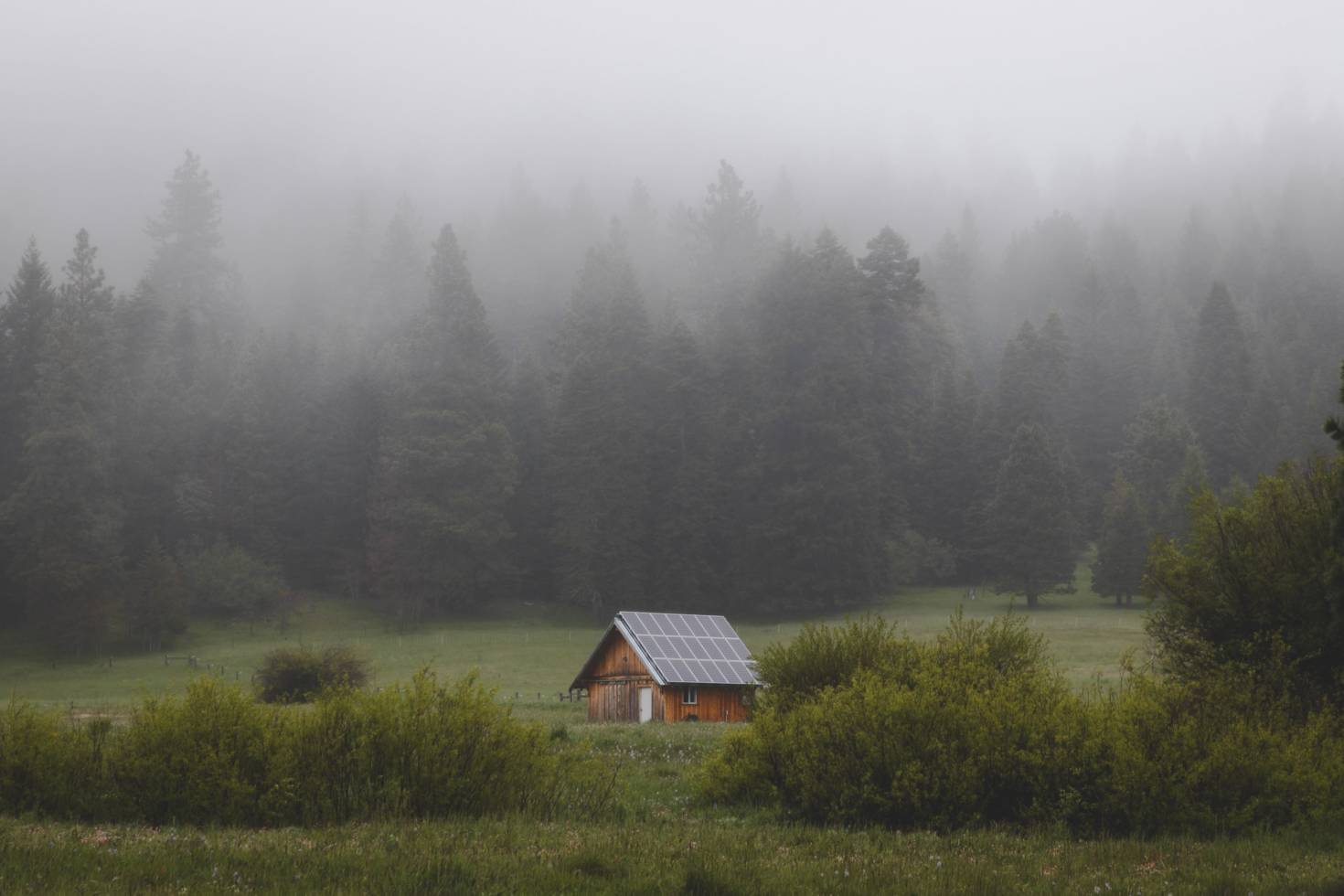
This article is geared towards going totally off the grid but you don't have to go all in. Some people still shop at a grocery store, install modern amenities, and even watch TV and use the Internet.
An off-grid lifestyle isn’t for everyone, but it can lead to a fulfilling life for some. Becoming free and self-sufficient is certainly attractive, but you need to know what you’re doing. Going in unprepared can be dangerous. So the key isn't to jump right in, but to do due diligence and then enjoy your new way of living and experiencing the world. If you’re ready to get started, browse our inventory of off grid land for sale.

